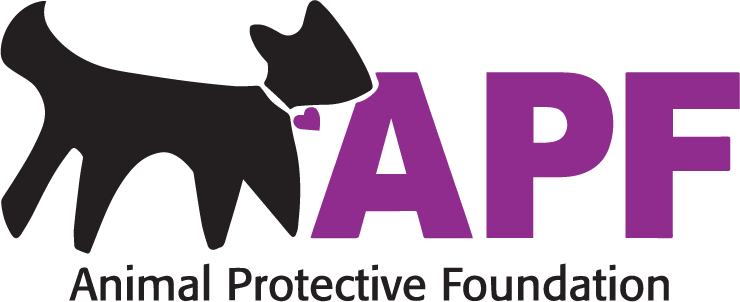Vital Vaccines Keep Our Pets Safe
Animal Chronicles
September 15, 2024
By Sara Sosnow, DVM
Vital Vaccines Keep Our Pets Safe
Owning a pet is a rewarding and special part of our lives. Studies show that pet owners are often happier and live longer than those without pets. For all that our loyal companions do for us, we should repay them by taking care of their health and wellness needs. Routine vaccination is a safe and effective way to keep them healthy and protect against serious, preventable diseases.
Vaccines are a mixture of inactive disease particles injected into a patient’s body. This injection stimulates the immune system to produce and store antibodies against that disease. This protects the patient from becoming seriously ill if they encounter the disease in the future. Some vaccines require boosters, as the initial dose may not produce sufficient antibodies, or antibody levels may fade over time.
Vaccines for animals have existed for over a century. The first were developed to protect livestock from disease and prevent the transmission of zoonotic illnesses, like rabies, from animals to humans. As technology has advanced and the roles of animals have evolved, we now have various vaccines for many different animal species.
Animals are vaccinated for several reasons. For a disease like rabies that can infect humans through animal bites and are 100% fatal if untreated, public health officials worldwide have mandated animal vaccination. For travelling animals, vaccination is required to prevent disease outbreaks in destination locations. Other vaccines protect our pets against highly contagious and devastating diseases.
Different vaccines exist for different species and lifestyles. Vaccines that all animals should receive are called “core vaccines.” For dogs and cats in the United States, the core vaccines are rabies and distemper. Rabies is a core vaccine because it is zoonotic and required by law; distemper is a combination vaccine against several serious diseases.
Other vaccines are recommended based on the animal’s lifestyle. For dogs, kennel cough (Bordetella), influenza, Lyme, and Leptospirosis (Lepto) vaccines are commonly recommended, as these diseases are contagious, potentially serious, and prevalent in our environment. Leptospirosis can even spread to humans through infected animal urine. For cats, the feline leukemia vaccine is usually recommended, especially for outdoor cats or those living with other cats. Always discuss the best vaccine plan with your veterinarian based on your pet’s lifestyle and risk factors.
Vaccines are very safe, generally well-tolerated, and effective. However, there is always a small risk of allergic reactions. The most common side effects are mild, such as a small lump or pain at the injection site or temporary tiredness. More serious, life-threatening anaphylaxis can occur, but it is very rare. As animal vaccine research progresses, efficacy increases while the chance of long-term or serious side effects decreases.
Vaccinating our pets is part of the “One Health” initiative, which merges human, animal, and environmental health to protect everyone. Many infectious human illnesses have been linked to animal sources, and human medicine frequently uses animal models to study diseases and develop new treatments. Given our close connection with animals, it is vital that we defend our pets against contagious diseases. Regular vaccination is the best way to protect us all and keep our world safe.
Dr. Sara Sosnow is the shelter and community outreach veterinarian at the Animal Protective Foundation (APF).
APF contributes Animal Chronicles articles and welcomes animal-related questions and stories about the people and animals in our community. Visit animalprotective.org, follow us on social media @AnimalProtectiveFoundation or email chronicles@animalprotective.org.

